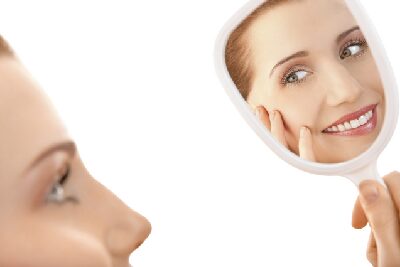Led by the Australian Dental Association (ADA) Dental Health Week aims to educate Australians about the importance of practicing good oral and general health in all aspects of their lives.
The primary objectives of the ADA are to encourage the improvement of the oral and general health of the public, promote the ethics, art and science of dentistry and support members to provide safe, high quality professional oral care.
So how does Australia perform on the global dental field? When it comes to the world’s most prevalent disease, how does Australia’s rate of tooth decay track against the competition?

About 4 billion people – half the world’s population have untreated tooth decay, estimates Dr Michael Foley, chair of the Australian Dental Association (ADA)’s Oral Health Committee. That’s half the planet chewing their lunch with a precursor for cavities, gum disease and abscesses. “People forget that tooth decay is the most common disease in the world,” he says.
It has been researched that only half of our adult population brush their teeth twice a day, putting us slightly ahead of China but a little behind the UK, where 59% do the same.
FAST FACT
1.43 Billion Litres
Is the amount of sugary drinks Australian adults consume each year.

THE LUCKY COUNTRY
Access to fluoridated water and affordable fluoride toothpaste are both important defences against tooth decay. In Australia, it costs 0.2 of a day’s household spend to buy a year’s supply of toothpaste. In Zambia for example, toothpaste accounts for 30.4 days spend over a year.

* TIPS FOR BETTER ORAL HEATH *
Dr Foley’s number one tip for all Australians is to cut down on the sweet stuff, specifically sugary drinks. As a nation, 47% of Aussie adults consume too much ‘free sugar’, sugar added to foods and drinks, and sugars naturally found in honey, syrups, fruit juices and fruit concentrates.
The moral of the story? Brush twice a day and according to Dr Foley: “Brush your gums as well as your teeth – and the bits you don’t see. He says brushing twice a day and flossing once a day is enough, and routine dental visits twice a year”. * Excerpt from Health Agenda HCF


